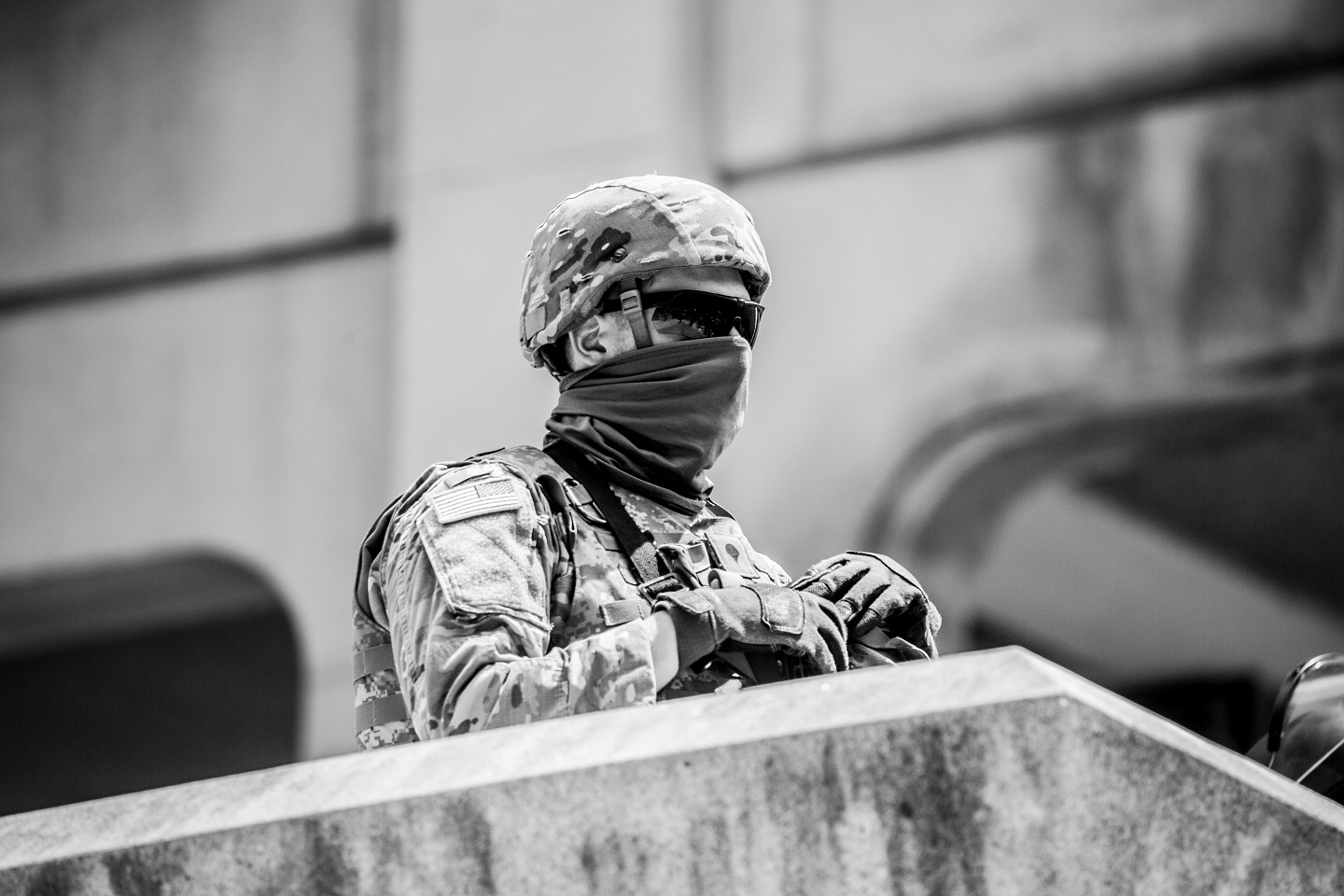The Importance of Testing and Standards for Level IV Body Armor To Ensure Reliability and Effectiveness
Body armor has become a critical piece of equipment for law enforcement officers, military personnel, and civilians alike. Level IV body armor is the highest level of personal protective equipment available in the market, and it is designed to stop high-velocity rounds fired from rifles and other long-barreled firearms. But how reliable and effective is level 4 body armor, and how can manufacturers ensure that they meet the highest standards of safety and security? In this blog post, we will discuss the testing and standards for level IV body armor to ensure reliability and effectiveness.
Understanding the Meaning of Level IV Body Armor
First, let’s begin by understanding what level IV body armor means. The National Institute of Justice (NIJ) is a government agency responsible for testing and evaluating the effectiveness of personal protective equipment. According to the NIJ standards, level IV body armor is rated to stop a single hit of 7.62x63mm AP (armor-piercing) ammunition, which is used in military rifles such as the M2 .50 caliber machine gun. Level IV armor can also stop multiple hits of lesser threats, such as 5.56x45mm NATO (M855) ammunition.
Standards for Testing the Reliability and Effectiveness of Level IV Armor
The NIJ has developed a variety of tests to evaluate the reliability and effectiveness of level IV body armor. These tests include:
Ballistic Resistance Test: This test evaluates the armor’s ability to stop bullets from penetrating the armor and causing injury to the wearer. This involves firing a series of bullets at the armor at various angles and velocities to determine the armor’s protective capacity.
Backface Deformation Test: This test measures the amount of deformation or indentation that occurs on the back surface of the armor after a bullet hits it. This is important because if the deformation is too high, it can cause internal injuries to the wearer.
Conditioning Test: This test involves exposing the armor to extreme temperatures, humidity, and mechanical stress to determine how well it holds up under adverse conditions.
Independent Testing and Certification
To ensure the reliability and effectiveness of level IV body armor, it is crucial to have independent third-party testing and certification. This is where organizations such as the NIJ and the Compliance Testing Program (CTP) come in. These organizations perform rigorous testing on the armor and issue a certification to manufacturers that meet all the standards. This certification provides confidence to law enforcement agencies, military personnel, and civilians that the equipment they are using is reliable and effective.
The Importance of Regular Re-Testing and Certification
Manufacturers must regularly re-test and re-certify their level IV body armor to ensure continued reliability and effectiveness. This is especially important as new threats arise, such as new types of ammunition or advancements in ballistics technology. Without regular re-testing and certification, manufacturers cannot guarantee that their products will continue to provide the same level of protection over time.
How to Choose Reliable and Effective Level IV Body Armor
When choosing level IV body armor, it is essential to look for products that have been independently tested and certified. Additionally, look for products from reputable manufacturers who have a track record of providing quality products that meet or exceed the NIJ standards. Finally, make sure that the armor fits properly and is comfortable to wear, as ill-fitting armor can cause discomfort and reduce its effectiveness.
In conclusion, level IV body armor is an essential piece of equipment for law enforcement officers, military personnel, and civilians who require personal protection against high-velocity rounds. By understanding the testing standards for reliability and effectiveness and by choosing products that have been independently tested and certified, you can be confident knowing that you have chosen the best equipment to keep you safe. Remember, regular re-testing and certification are critical to ensuring continued protection against new threats over time.
For more great articles, please click here.
